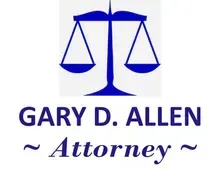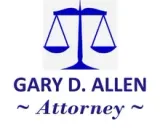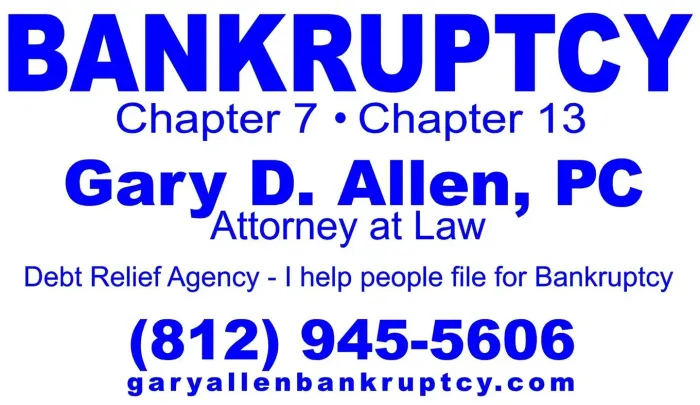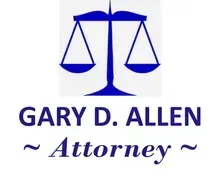Chapter 7 Bankruptcy
Chapter 7 bankruptcy is a legal process that allows individuals or businesses to eliminate most of their unsecured debts. Once the process is complete, most remaining debts are discharged, providing the debtor with a fresh financial start. Chapter 7 bankruptcy is typically available to individuals or businesses that meet certain income requirements and cannot afford to repay their debts through a repayment plan.
Chapter 13 Bankruptcy
Chapter 13 bankruptcy, also known as "reorganization bankruptcy," is a legal process designed to help individuals with regular income restructure their debts and create a manageable repayment plan. Chapter 13 allows debtors to keep their property while repaying creditors over a period of three to five years. The repayment plan is based on the debtor's income and expenses, and it typically consolidates debts into affordable monthly payments. Chapter 13 bankruptcy may be beneficial for individuals facing foreclosure, repossession, or wage garnishment, as it can halt these actions and provide an opportunity to catch up on missed payments. At the end of the repayment period, any remaining eligible debts are typically discharged, providing the debtor with a fresh financial start.




